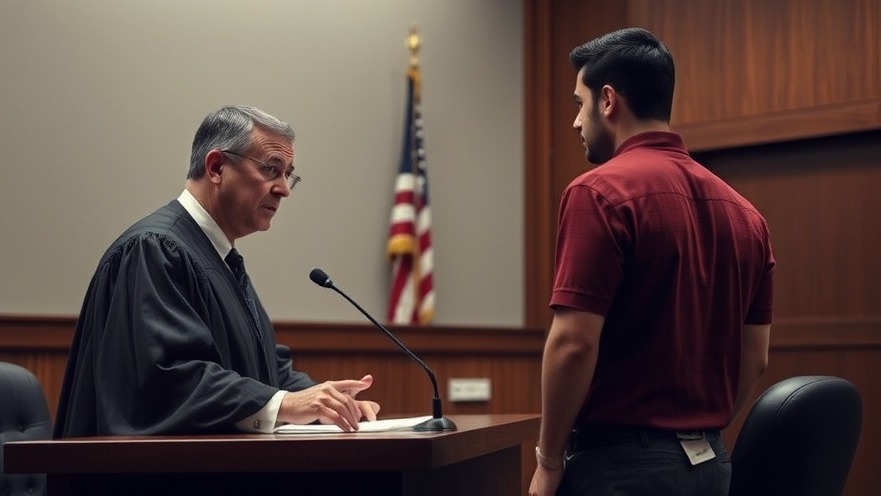
Understanding Texas' New Private School Voucher Initiative
On May 3, 2025, Texas Governor Greg Abbott signed a groundbreaking piece of legislation that promises to reshape education funding across the state. Under the new law, Texas will introduce a private school voucher program, allowing families to allocate up to $10,000 in taxpayer dollars for their children’s private education. This program, slated to launch in late 2026, will provide significant financial assistance to families seeking alternatives to local public schools.
What Does the Voucher Program Entail?
The program, officially known as Senate Bill 2, allows participating families to use state funding not only for private school tuition but also for various school-related expenses such as textbooks, transportation, and even therapy. The idea, as stated by Abbott, is to give Texas families more choice in their children's education, moving away from a system where they are restricted to their assigned public schools.
Debate Over the Program's Impact
The passage of this law marks the culmination of a long-standing debate in Texas politics, characterized by passionate arguments for and against school vouchers. Proponents, including Abbott and other top Republicans, assert that the program will empower parents and foster healthy competition among educational institutions. They argue that giving parents more options is crucial, especially in light of the challenges faced during the COVID-19 pandemic and the evolving needs of families.
However, opponents, including many Democratic legislators and rural Republicans, warn that the program could severely undermine public education. They argue that diverting public funds to private schools will exacerbate existing inequalities. State Representative James Talarico, a vocal opponent of the legislation, reminded constituents of the potential consequences—school closures, teacher dissatisfaction, and increasing property taxes—all tied to inadequate funding for public schools.
A Closer Look at Education Quality
While the intention behind the voucher program is to enhance education access, historical data from other states with similar implementations raises concerns. Studies have suggested that voucher programs often disproportionately benefit wealthier families who have the means to supplement private schooling, leading to unsatisfactory academic outcomes among disadvantaged students. This trend raises questions about the actual efficacy of such programs in addressing educational disparities.
Current Issues in Texas Education
As the Texas education system stands on the brink of profound changes, current events underscore the urgency of these discussions. Reports highlight challenges within public schools, ranging from funding shortfalls to teacher shortages. Many worry that the new voucher system might strip away needed resources from already struggling public institutions.
The Future of Education in Texas
The upcoming implementation of Texas' school voucher program is a highly contested issue with long-term implications. Will it create an equitable education landscape, or will it further entrench disparities? What needs to change in public schools to enhance their competitiveness? As Texas moves forward, these questions will likely dominate educational conversations, shaping policies and perceptions in classrooms across the state.
Take Action: Stay Informed
As the discussions surrounding education funding continue, it’s essential for Texans to stay informed about how these changes will affect their communities. Engage in local school board meetings, participate in discussions, and consider the future of Texas education, which affects every citizen. Stay updated with Texas news outlets for ongoing coverage of educational reforms and other significant updates in the state.
 Add Element
Add Element  Add Row
Add Row 



Write A Comment